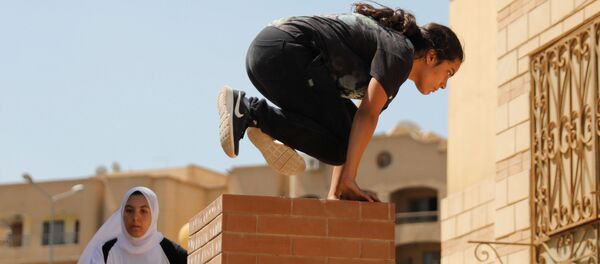The legislation, approved by the Egyptian parliament in July, allows the country's Supreme Council for Media Regulations to supervise bloggers, websites and social media accounts with more than 5,000 followers. The council will thus be able to suspend online accounts that publish what they consider to be fake news, Channel News Asia reported Sunday.
In August, Sisi also ratified a new anti-terrorism law that gives authorities power that many have noted could be in violation of basic human rights.
The decree toughens punishment for crimes that are decreed as relating to terrorism, Sputnik reported in August.
According to a statement released by the Human Rights Watch (HRW), the "terrorist acts" list defines "terrorism" so broadly that it also could easily be used to criminalize civil disobedience.
"The government has equipped itself with even greater powers to continue stamping out its critics and opponents under its vague and ever-expanding war on terrorism," HRW Deputy Middle East and North Africa Director Nadim Houry said, quoted in the statement, Sputnik reported at the time.
The law gives Egyptian authorities greater power to conduct wide-ranging surveillance and to detain terrorist suspects without a court order. The decree also increases prosecutors' power to press heavy sentences for dissent, including the death penalty.
According to HRW, the repressive move goes against fundamental principles of international law; every detainee must be brought before an impartial judge to review their detention and every suspect must be provided with access to legal assistance.



